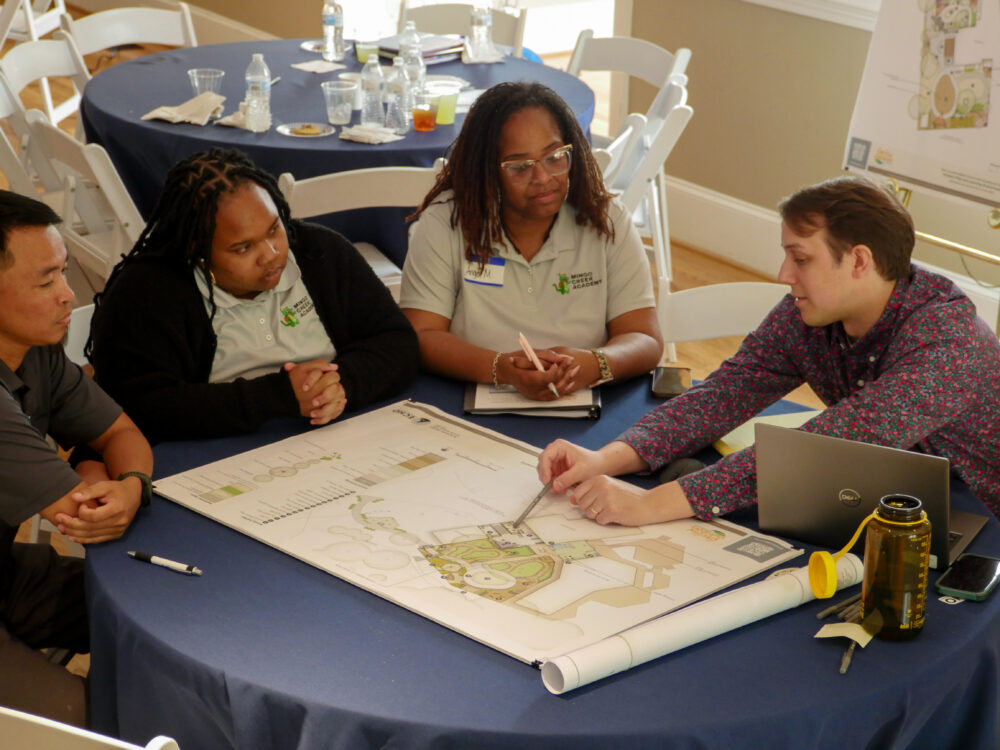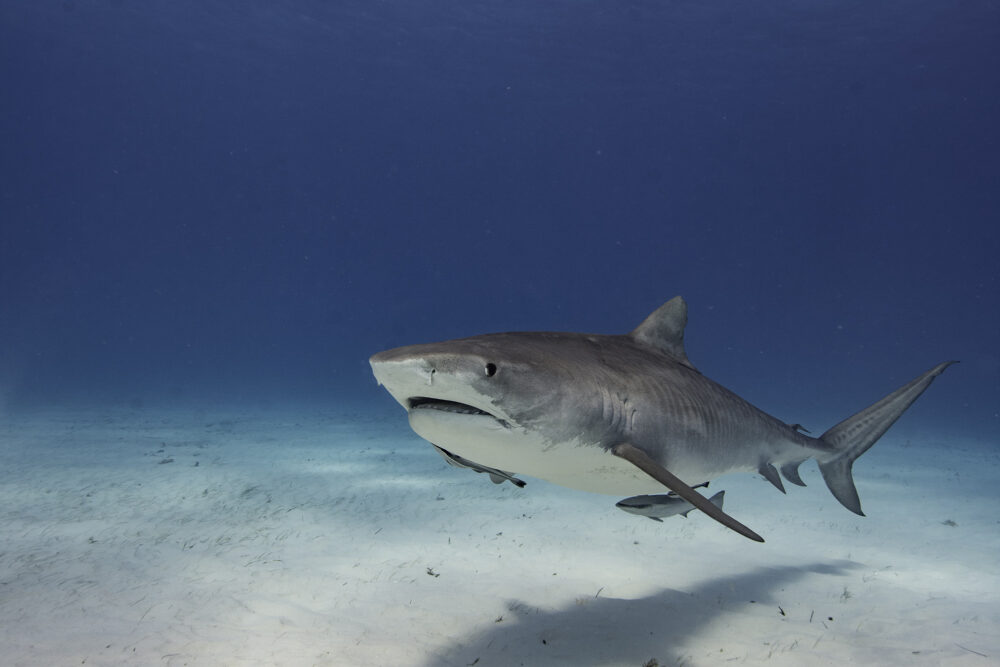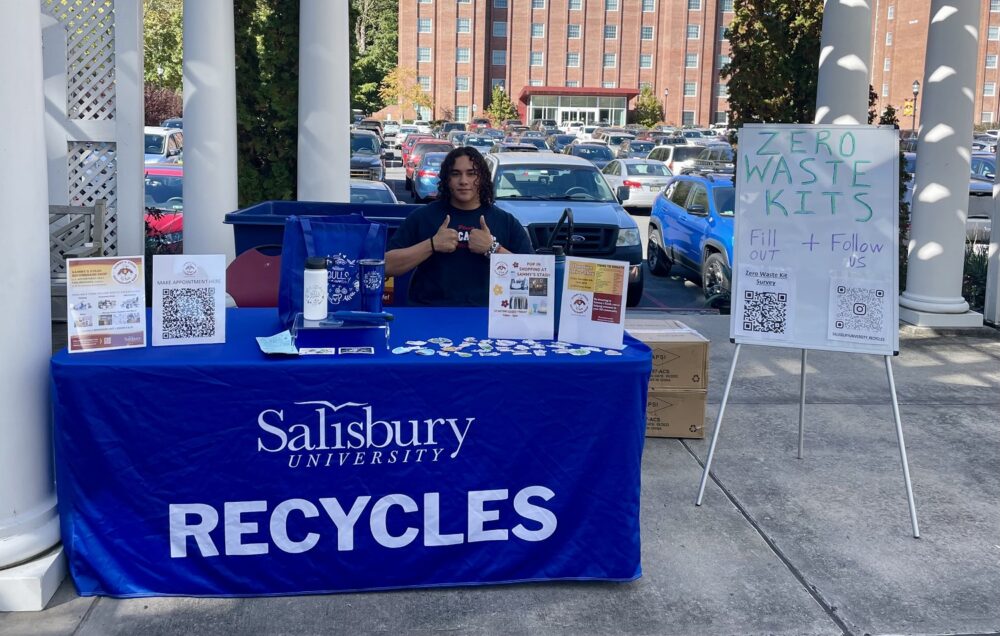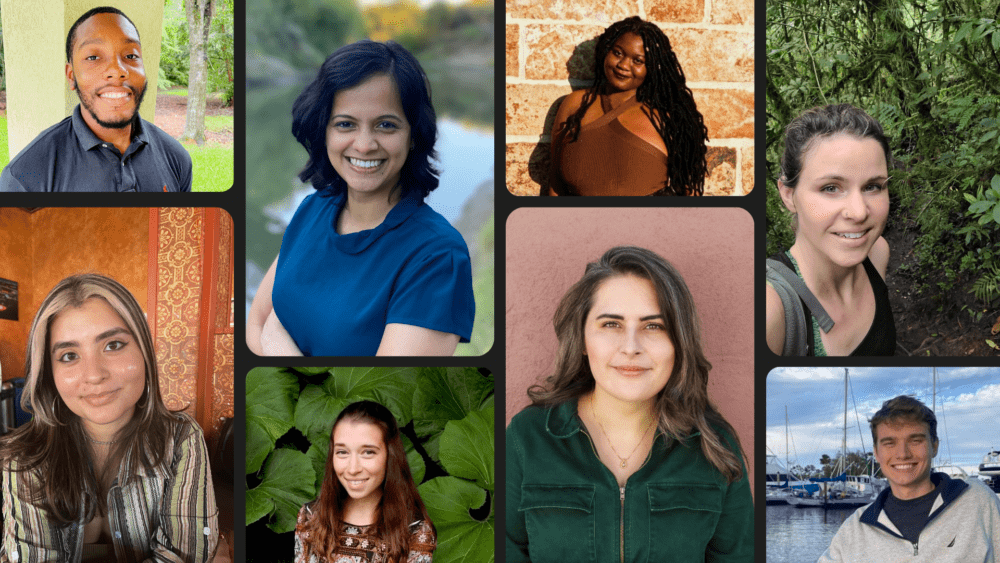We have much more to do and your continued support is needed now more than ever.
One Child’s Prescription—Nature
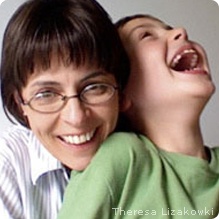 My first clue to how my nine-year-old son connected with the outdoors came about five years ago while on a visit to Grandpa’s farm. I watched one afternoon as the two of them hauled freshly cut cedar logs back and forth in a wheelbarrow. I remember thinking to myself, “Wow! That kid’s getting strong.” And then I noticed how unusually calm and focused he was.
My first clue to how my nine-year-old son connected with the outdoors came about five years ago while on a visit to Grandpa’s farm. I watched one afternoon as the two of them hauled freshly cut cedar logs back and forth in a wheelbarrow. I remember thinking to myself, “Wow! That kid’s getting strong.” And then I noticed how unusually calm and focused he was.
My son has neurological disabilities that include frequent tics, impulsivity, and difficulty interacting socially. Play dates and competitive sports are next to impossible. And even though our neighborhood is an ideal place for kids to roam and explore—think interlinked hiking trails and easy access to parks—anxiety keeps him from straying far alone.
Ever since that day on Grandpa’s farm, my husband and I have made sure to include lots of “work” tasks in my son’s outdoor time. He loves to chop ice in the driveway and he has his own wagon that he uses to carry firewood around the yard. Gardening has been a huge hit. He loves to dig in the dirt and tend plants as they grow.
We still spend a fair amount of time in noncompetitive sports activities such as hiking, biking, and swimming. We’ve found, however, that it helps to have some sort of practical focus—watching for birds (he favors crows) or making our way to the ice cream stand.
Engaging nature on a practical level has its benefits for kids without disabilities as well. We live in the upper Midwest where many kids enjoy hunting, fishing, and camping. Our state and county parks provide easy access to well-maintained campsites, from more primitive facilities to those with modern conveniences. One of our favorite summer activities is to throw the tent in the back of the car and head to one of our local campgrounds. My son enjoys sleeping under the stars and (of course!) hauling water to our campsite.
Gardening is another popular hobby in our area. Each summer, our local arboretum offers classes for elementary-aged kids that include maintaining a small garden plot over the course of the growing season. My son has now spent two enjoyable summers learning how to plant, weed, and compost.
Giving our children opportunities to connect with nature in ways that fit their needs and interests impacts how much they will want to continue connecting—whether it be through outdoor sporting events, developing new skills, or simply experiencing the sights, sounds, and smells of the outdoors. While it’s true our kids arrive without “how-to” manuals, we need only look to their unique personalities to find ways to help them connect with nature. The opportunities are boundless!
Theresa Lizakowski spends her days homeschooling and exploring the great outdoors with her 9 year-old son, Max. She has a Ph.D. in Education from Stanford University and formerly worked for Right Management Consultants, a human resources consulting firm. She writes on topics related to education and social issues and lives in Minneapolis, Minnesota.












